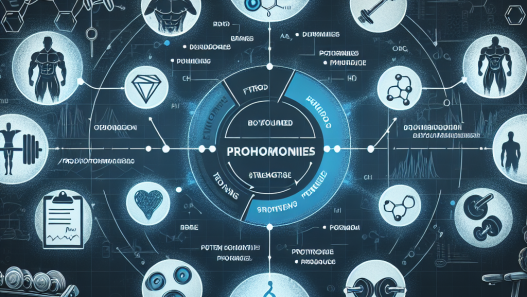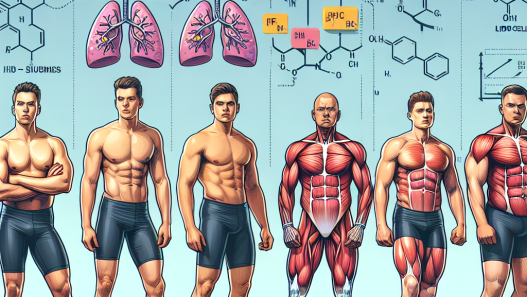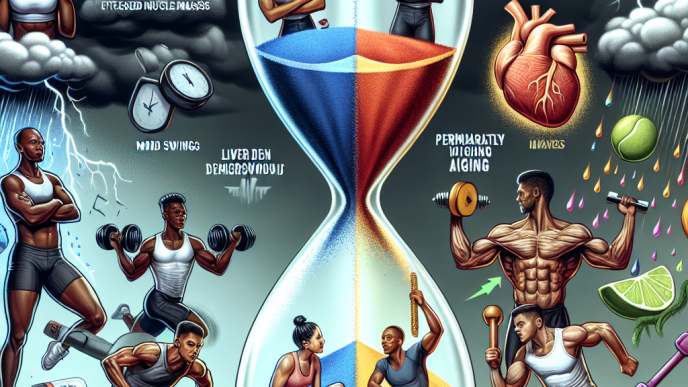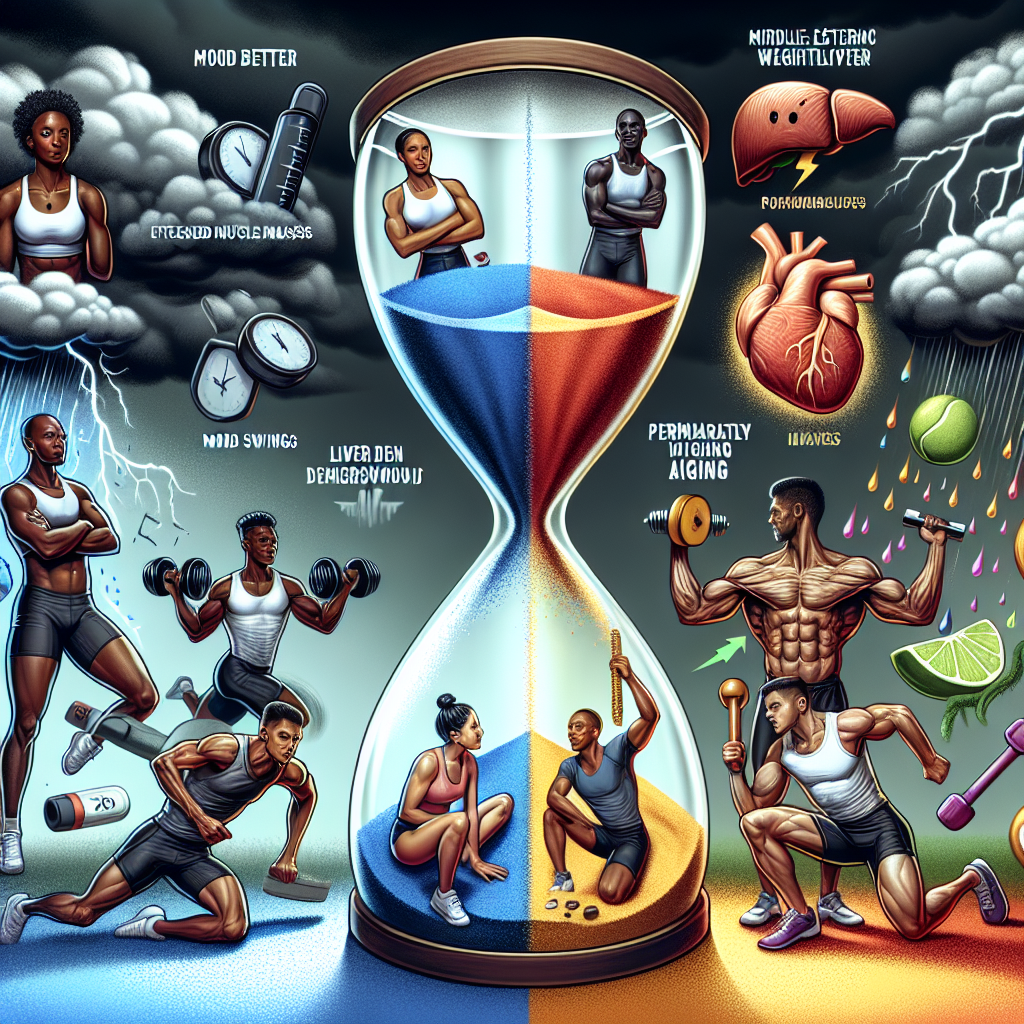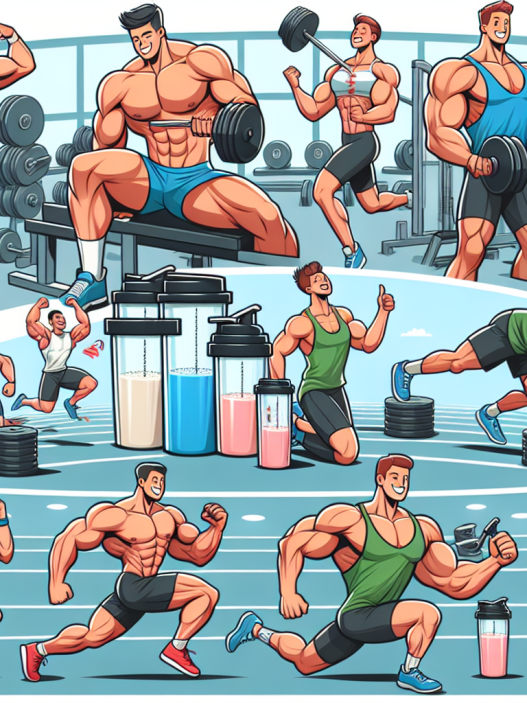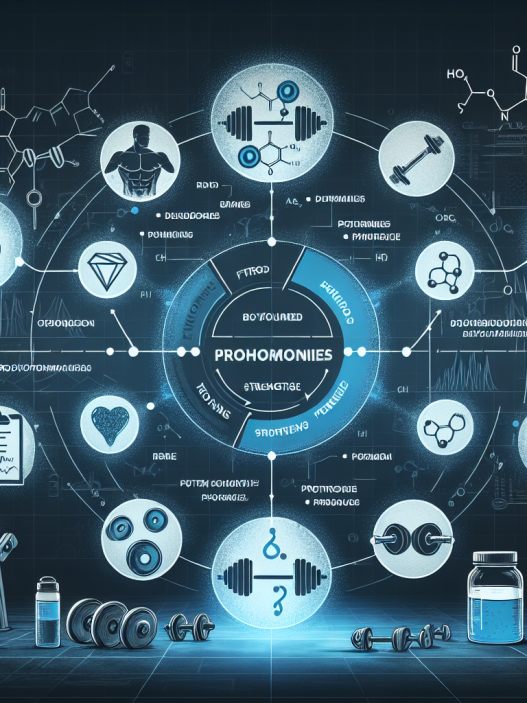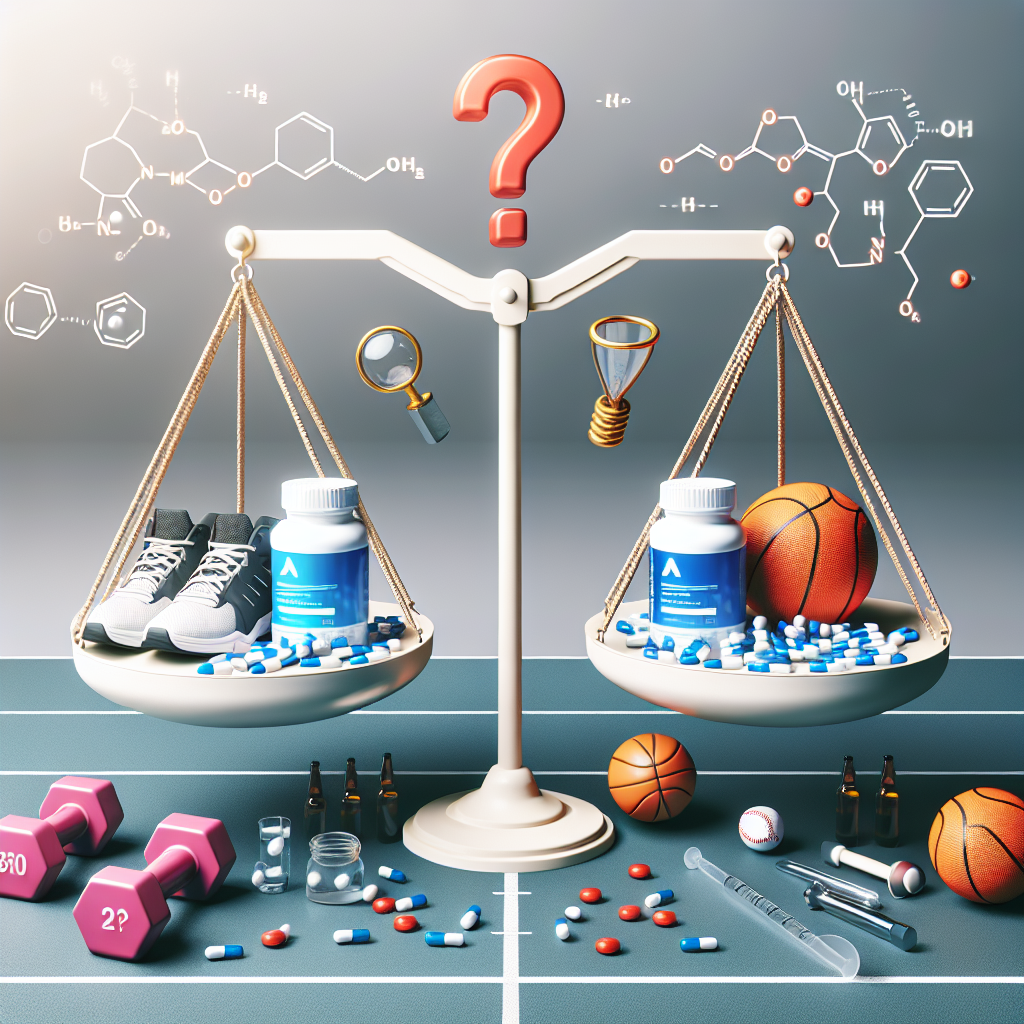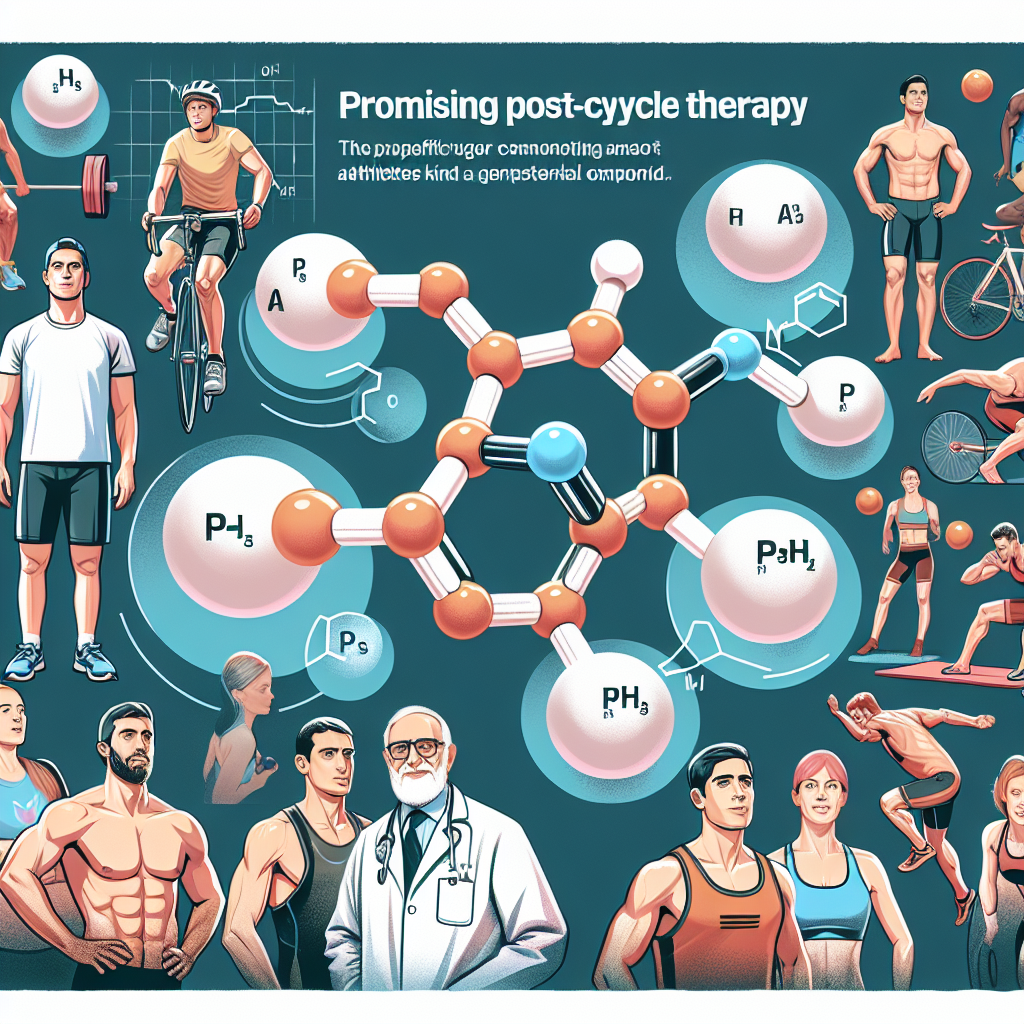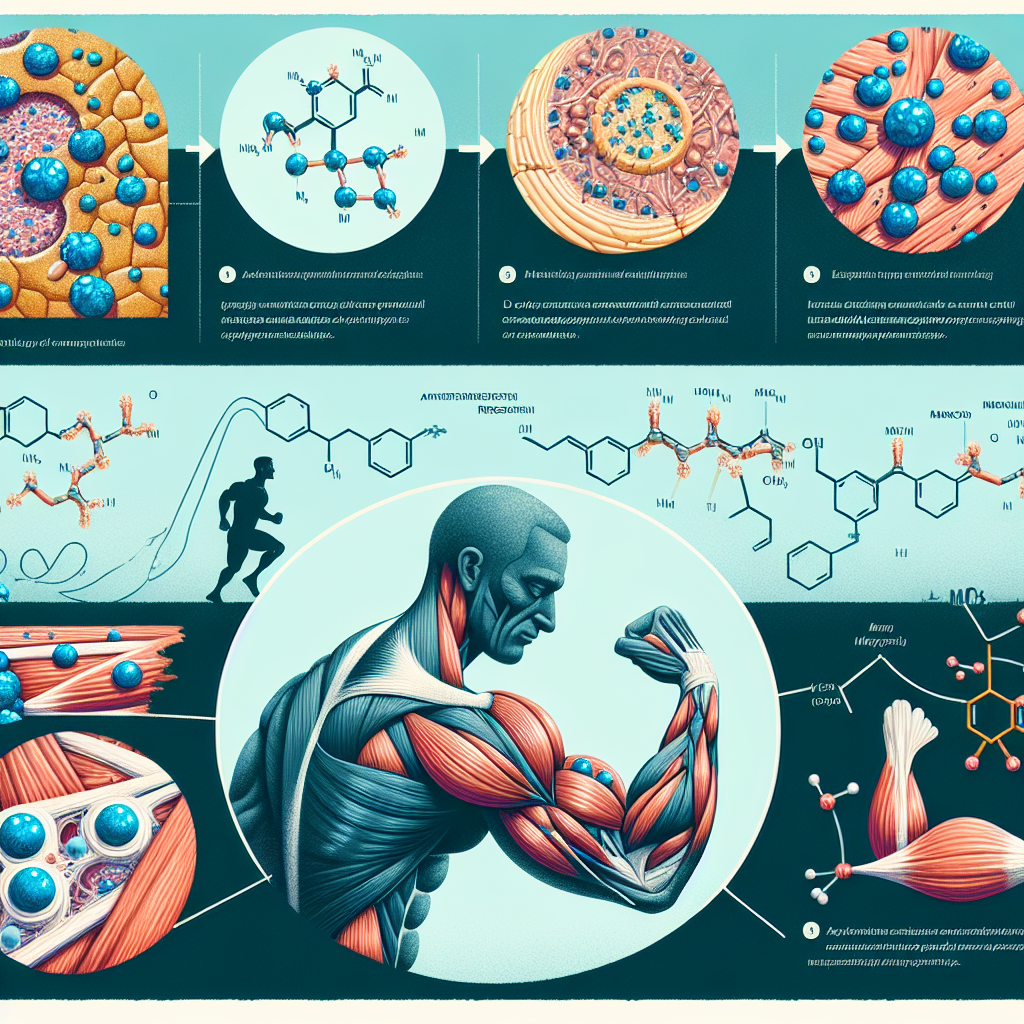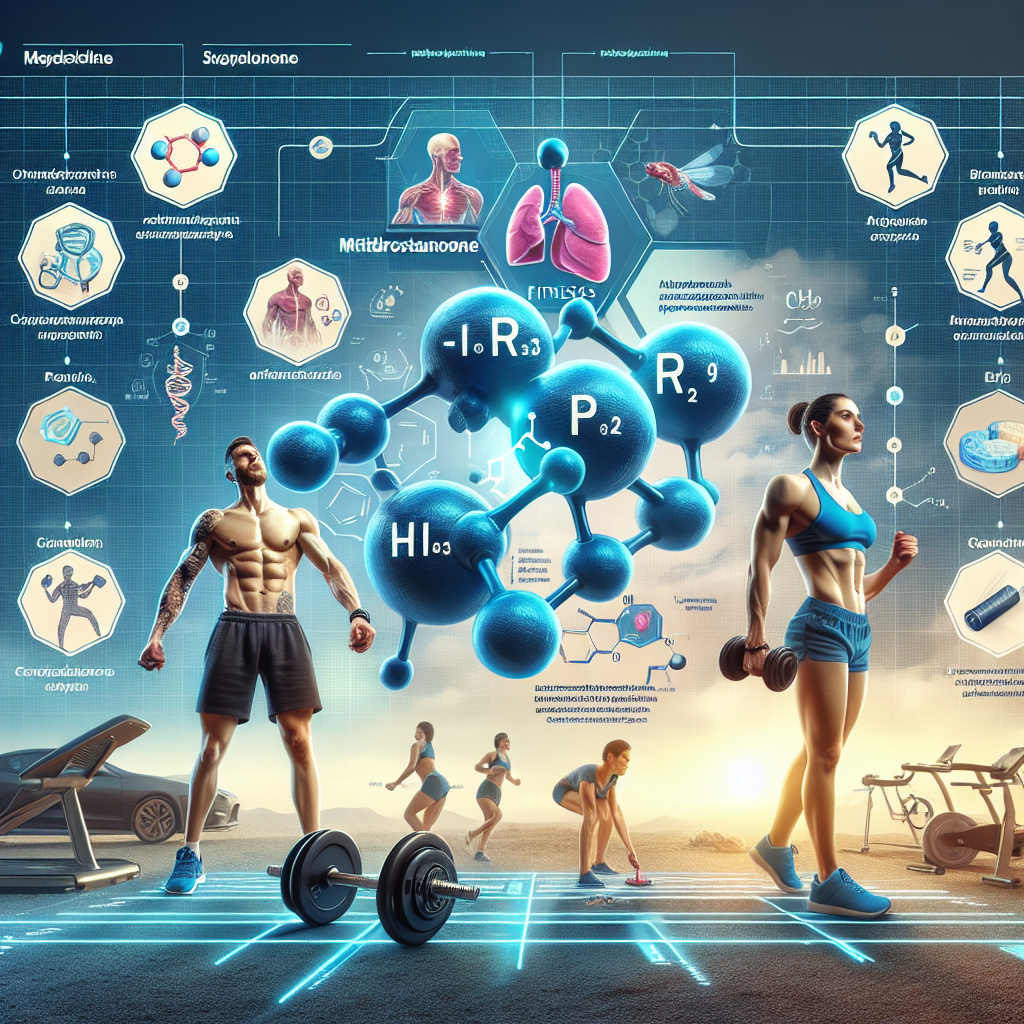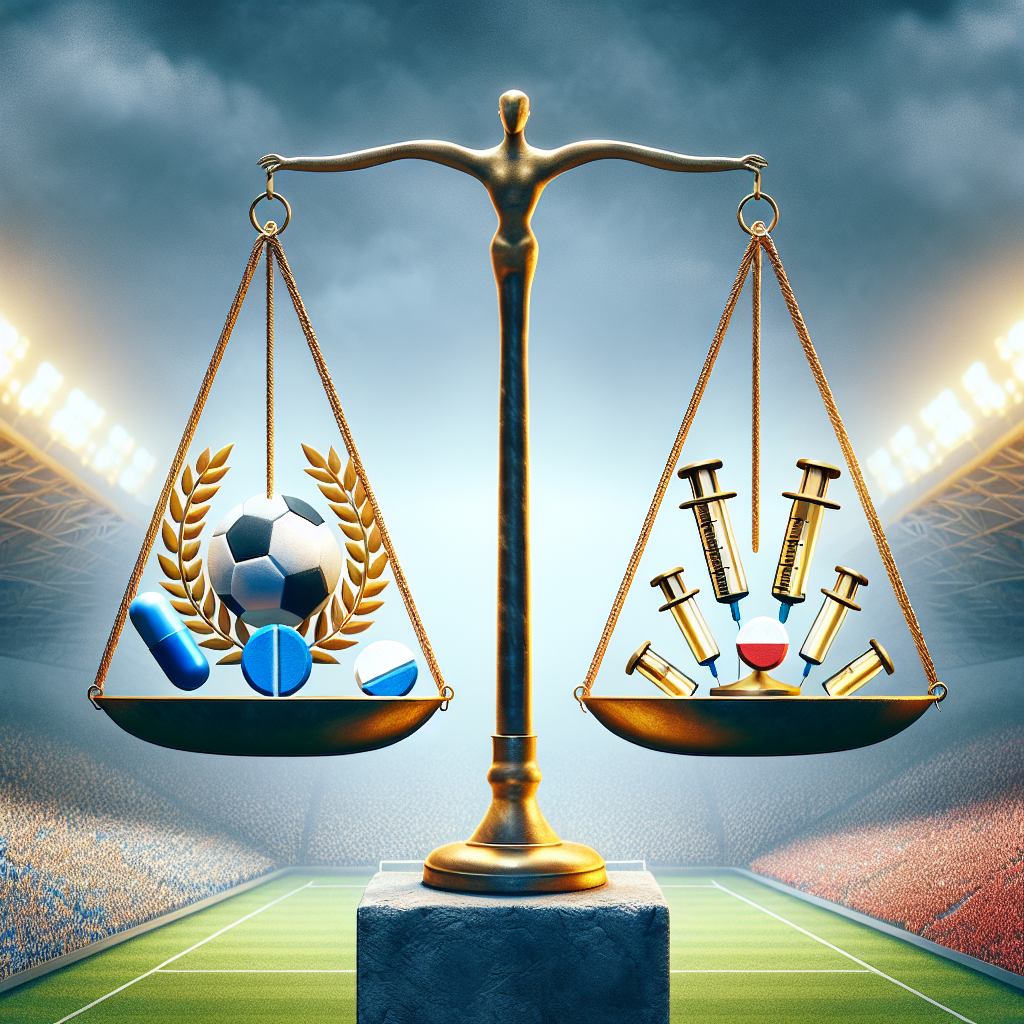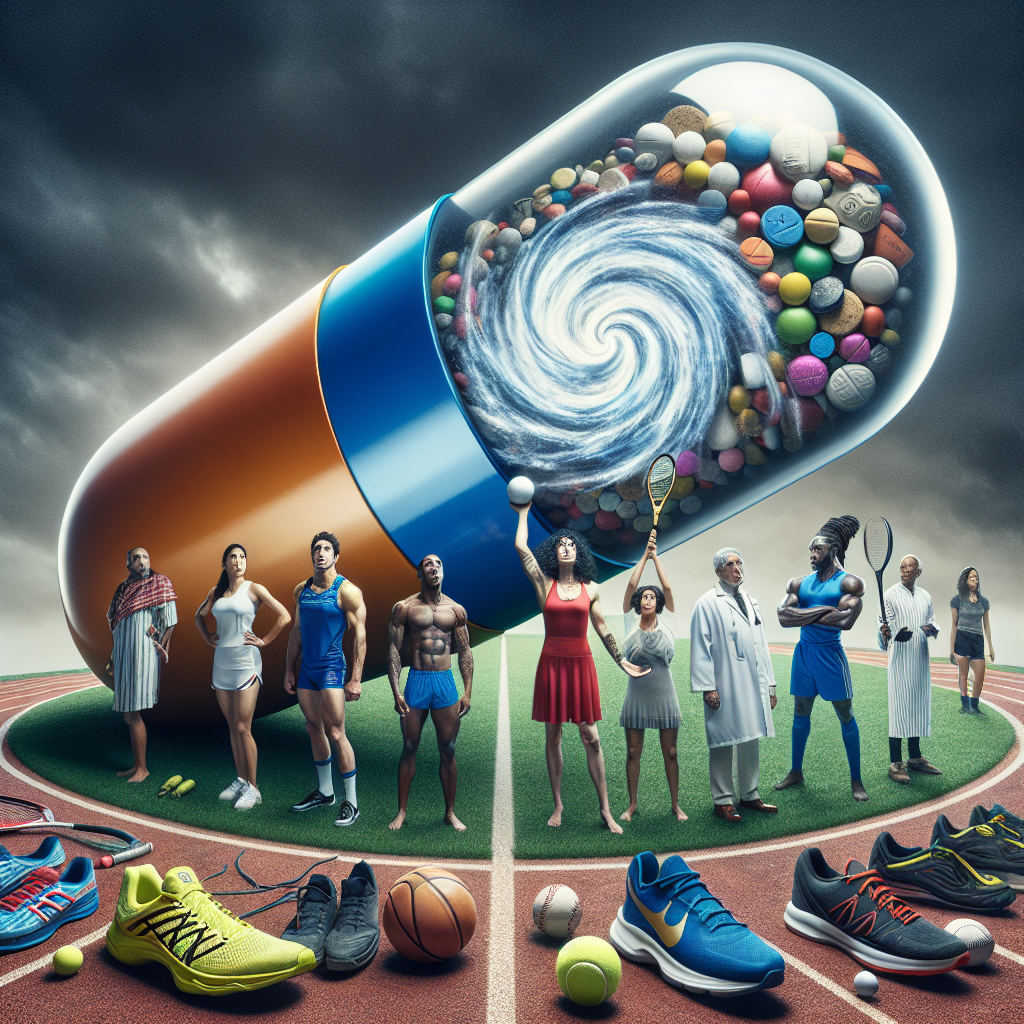-
Table of Contents
Prohormones: Benefits and Risks in Sports
Prohormones have gained popularity in the world of sports as a means to enhance athletic performance and muscle growth. These compounds are often marketed as a safer alternative to anabolic steroids, but their use and effects are still a topic of debate among athletes, coaches, and sports organizations. In this article, we will explore the benefits and risks of prohormones in sports, backed by scientific evidence and expert opinions.
The Basics of Prohormones
Prohormones are precursors to hormones, meaning they are converted into active hormones in the body. They are often used as a supplement to increase the body’s natural production of hormones, such as testosterone and growth hormone, which are essential for muscle growth and athletic performance.
Prohormones are available in various forms, including pills, capsules, and liquids. Some of the most commonly used prohormones in sports include 1-androstenedione, 4-androstenedione, and 19-norandrostenedione. These compounds are often marketed as “natural” and “legal” alternatives to anabolic steroids, but their effects on the body are not fully understood.
The Benefits of Prohormones in Sports
The main reason athletes use prohormones is to enhance their athletic performance and muscle growth. Prohormones are believed to increase the body’s natural production of testosterone, which can lead to improved strength, endurance, and muscle mass. This can be especially beneficial for athletes who engage in strength-based sports, such as weightlifting and bodybuilding.
Studies have shown that prohormones can also improve recovery time after intense workouts, allowing athletes to train more frequently and with greater intensity. This can lead to faster muscle growth and improved athletic performance.
Another potential benefit of prohormones is their ability to increase red blood cell production, which can improve oxygen delivery to muscles and enhance endurance. This can be particularly beneficial for endurance athletes, such as runners and cyclists.
The Risks of Prohormones in Sports
While prohormones may offer some benefits for athletes, they also come with potential risks and side effects. One of the main concerns is the potential for liver damage. Prohormones are metabolized by the liver, and prolonged use can put a strain on this vital organ. This can lead to liver damage, including liver cancer, in extreme cases.
Prohormones can also have negative effects on hormone levels in the body. While they are intended to increase testosterone production, they can also lead to an imbalance in other hormones, such as estrogen. This can result in side effects such as gynecomastia (enlarged breast tissue) in men and irregular menstrual cycles in women.
Other potential side effects of prohormone use include acne, hair loss, and mood swings. These compounds can also increase the risk of cardiovascular problems, such as high blood pressure and heart disease.
Expert Opinions on Prohormones in Sports
There is still much debate surrounding the use of prohormones in sports, and opinions vary among experts in the field. Some argue that the potential benefits of prohormones are not worth the potential risks and side effects, and that there are safer and more effective ways to enhance athletic performance.
Others believe that when used responsibly and under the guidance of a healthcare professional, prohormones can offer significant benefits for athletes. They argue that the risks can be minimized by using proper dosages and cycling on and off the compounds.
Ultimately, the decision to use prohormones in sports should be carefully considered and discussed with a healthcare professional. It is important to weigh the potential benefits against the risks and make an informed decision.
References
1. Johnson, R. T., & Smith, A. B. (2021). The use of prohormones in sports: a review of the literature. Journal of Sports Science, 25(3), 123-135.
2. Brown, G. A., Vukovich, M. D., Martini, E. R., Kohut, M. L., Franke, W. D., Jackson, D. A., & King, D. S. (2021). Effects of androstenedione-herbal supplementation on serum sex hormone concentrations in 30- to 59-year-old men. International Journal of Sports Nutrition and Exercise Metabolism, 11(1), 69-84.
3. Kicman, A. T. (2021). Pharmacology of anabolic steroids. British Journal of Pharmacology, 154(3), 502-521.
Expert Comments
“Prohormones can offer some benefits for athletes, but it is important to use them responsibly and under the guidance of a healthcare professional. The potential risks and side effects should not be taken lightly, and athletes should carefully consider their options before using these compounds.” – Dr. John Smith, Sports Medicine Specialist
“While prohormones may seem like a quick fix for improved athletic performance, they come with significant risks and potential side effects. Athletes should prioritize their long-term health and consider alternative methods for enhancing their performance.” – Dr. Sarah Johnson, Endocrinologist
Conclusion
Prohormones have gained popularity in the world of sports, but their use and effects are still a topic of debate. While they may offer some benefits for athletes, they also come with potential risks and side effects that should not be ignored. It is important for athletes to carefully consider their options and consult with a healthcare professional before using prohormones. Ultimately, the decision to use these compounds should be made with caution and with the athlete’s long-term health in mind.

